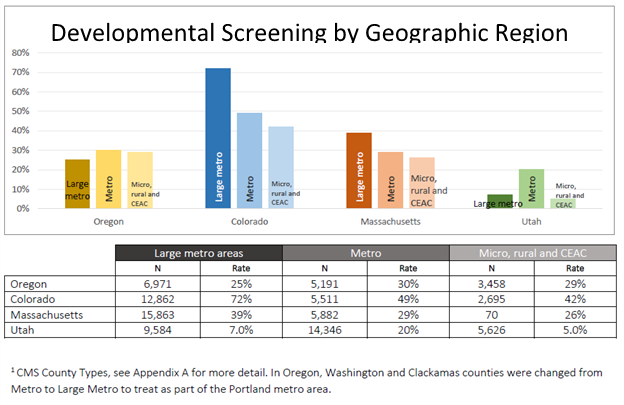Harvard/NBER/PCORI Project
CIVHC is working with researchers at the National Bureau of Economic Research (NBER), Harvard University, the Network for Regional Healthcare Improvement (NRHI), and state collaboratives in Massachusetts, Oregon, and Utah to study how care delivery impacts clinical and economic outcomes. Funded by the Patient Centered Outcomes Research Institute (PCORI), the project has three goals:
- Understand how care varies within and across these four states.
- Merge clinical and economic information from All Payer Claims Databases in these states with information on delivery systems for medical care.
- Conduct studies examining the causal impact of delivery system structure on outcomes.
CIVHC and participating states are using data sources, including APCDs, to gather patient-centered clinical and economic information. The data is being merged with information from national databases to analyze variation of utilization trends for the following measures:
- Avoidance of antibiotic treatment in adults with acute bronchitis
- Follow-up care for children prescribed Attention Deficit Hyperactivity Disorder
- Attention-Deficit/Hyperactivity Disorder medication
- Anti-depressant medication management
- Adolescent well-care visits
- Chlamydia screening
- Developmental screening for the first 36 months of life
- Hospital admissions for ambulatory-sensitive conditions- acute and chronic composite
On October 18, 2017, CIVHC and NRHI presented preliminary findings like the chart below to Colorado stakeholders. These findings indicate that 72 percent of Coloradans receive developmental screenings compared to 39 percent of people living in Massachusetts.
- Click here to view the presentation from the stakeholder meeting
- Click here to access the meeting handouts
- Click here to listen to the recording of the results discussion
